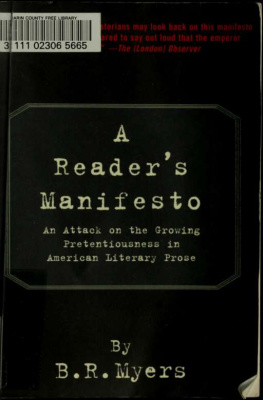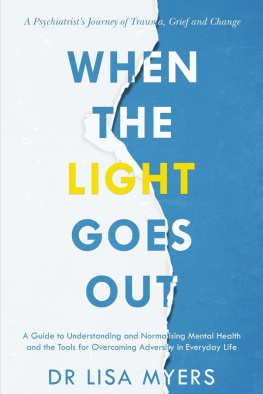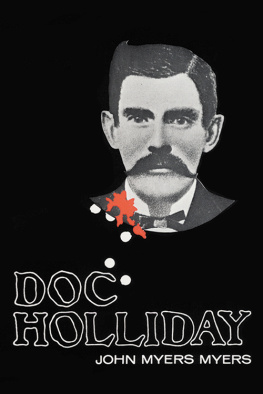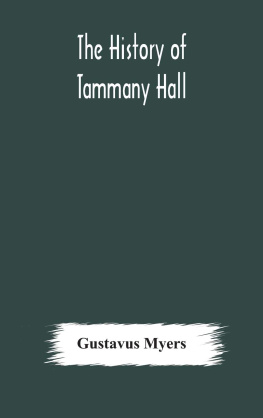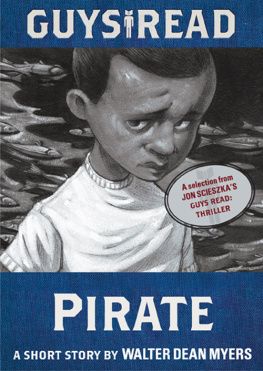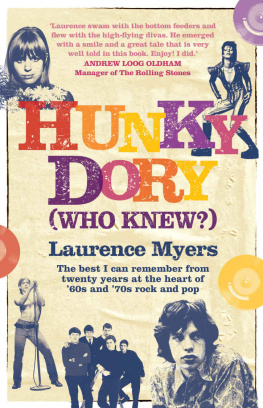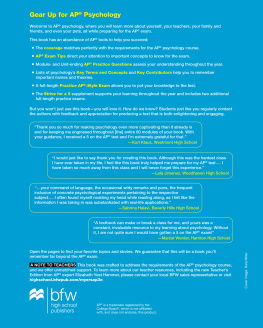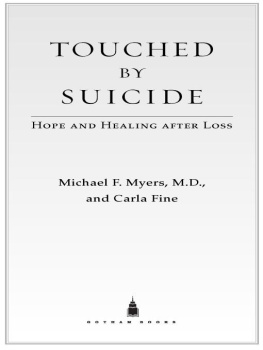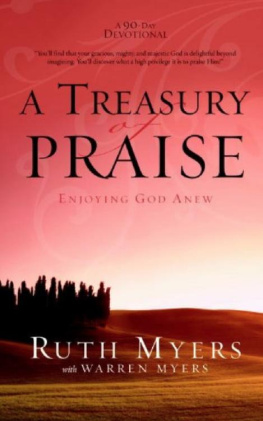B.R. Myers - The Cleanest Race
Here you can read online B.R. Myers - The Cleanest Race full text of the book (entire story) in english for free. Download pdf and epub, get meaning, cover and reviews about this ebook. year: 2011, publisher: Melville House, genre: Art. Description of the work, (preface) as well as reviews are available. Best literature library LitArk.com created for fans of good reading and offers a wide selection of genres:
Romance novel
Science fiction
Adventure
Detective
Science
History
Home and family
Prose
Art
Politics
Computer
Non-fiction
Religion
Business
Children
Humor
Choose a favorite category and find really read worthwhile books. Enjoy immersion in the world of imagination, feel the emotions of the characters or learn something new for yourself, make an fascinating discovery.

The Cleanest Race: summary, description and annotation
We offer to read an annotation, description, summary or preface (depends on what the author of the book "The Cleanest Race" wrote himself). If you haven't found the necessary information about the book — write in the comments, we will try to find it.
B.R. Myers: author's other books
Who wrote The Cleanest Race? Find out the surname, the name of the author of the book and a list of all author's works by series.
The Cleanest Race — read online for free the complete book (whole text) full work
Below is the text of the book, divided by pages. System saving the place of the last page read, allows you to conveniently read the book "The Cleanest Race" online for free, without having to search again every time where you left off. Put a bookmark, and you can go to the page where you finished reading at any time.
Font size:
Interval:
Bookmark:


THE CLEANEST RACE
2010 B.R. Myers
Melville House Publishing
145 Plymouth Street
Brooklyn, NY 11201
www.mhpbooks.com
eISBN: 978-1-935554-97-4
Library of Congress Cataloging-in-Publication Data
Myers, B. R., 1963
The cleanest race : how North Koreans see themselves and why it matters / B.R. Myers.1st ed.
p. cm.
1. Korea (North)Social conditions. 2. Propaganda, North KoreanSocial aspects. 3. NationalismKorea (North) 4. National characteristics, Korean. 5. EthnicityKorea (North) I. Title.
HN730.6.Z9M66 2010
303.375095193dc22
2009045072
v3.1_r1
A History of North Koreas Official Culture
Understanding North Korea Through Its Myths
MOTHER: 1) The woman who has given birth to one: Father and mother; a mothers love. A mothers benevolence is higher than a mountain, deeper than the ocean. Also used in the sense of a woman who has a child: What all mothers anxiously want is for their children to grow up healthy and become magnificent red builders. 2) A respectful term for someone of an age similar to ones own mother: Comrade Platoon Leader called Dngmanis mother mother and always helped her in her work. 3) A metaphor for being loving, looking after everything, and worrying about others: Party officials must become mothers who ceaselessly love and teach the Party rank and file, and become standard-bearers at the forefront of activities. In other words, someone in charge of lodgings has to become a mother to the boarders. This means looking carefully after everything: whether someone is cold or sick, how they are eating, and so on. 4) A metaphor for the source from which something originates: The Party is the great mother of everything new. Necessity is the mother of invention.
FATHER: the husband of ones birth mother.
Two entries from a North Korean dictionary of the Korean language, 1964
The most important questions regarding North Korea are the ones least often asked: What do the North Koreans believe? How do they see themselves and the world around them? Yes, we know the country has a personality cult, but this fact alone tells us little. Cuba has a personality cult too, yet the Castro regime espouses an ideology quite different from that of its counterpart in Pyongyang. On what grounds is the North Korean Leader so extravagantly acclaimed? What is the nature of his mission, and the purported destiny of his nation as a whole? Only through this sort of information can one begin to make sense of the Democratic Peoples Republic of Korea (DPRK), to use its formal name. It is unfortunate but by no means surprising that our news correspondents eschew such topics in order to return ad nauseam to the same monuments and mass games, the same girl directing traffic. More remarkable has been the extent to which academics, think-tank analysts and other Pyongyang watchers have neglected to study the worldview of the military-first regime. Regardless of their own political leanings (and North Korean studies remains marked by a sharp left-right divide), they have tended toward interpretations of the country in which ideology plays next to no role. Conservatives generally explain the dictatorships behavior in terms of a cynical struggle to maintain power and privilege, while liberals prefer to regard the DPRK as a rational actor, a country behaving much as any tiny country would in the face of a hostile superpower. Such interest as either camp can bring to bear on so-called soft issues exhausts itself in futile attempts to make sense of Juche Thought, a sham doctrine with no bearing on Pyongyangs policy-making.
To be sure, the Western world is generally much less interested in ideologyfor reasons that are themselves ideologicalthan it was during the Cold War. Most Americans know just as little about Islamism as they did before 9/11. But why is there more talk of ideological matters in any issue of Arab Studies Journal than in a dozen issues of North Korean Review? The obvious if undiplomatic answer is that most Pyongyang watchers do not understand Korean well enough to read the relevant official texts. But even scholars with the requisite language skills would rather research other topics, usually of a military, nuclear or economic nature. One colleague told me he finds the North Korean personality cult too absurd to take seriously; indeed, he doubts whether even the leadership believes it. But no regime would go to such enormous expense, year in, year out for sixty years, to inculcate into its citizens a worldview to which it did not itself subscribe. (The only institution in the country that did not miss a beat during the famine of the mid-1990s was the propaganda apparatus.) As for absurdity: the examples of Nazi Germany and Pol Pots Cambodia show that a dictator and his subjects are capable of believing and acting upon ideas far more ridiculous than anything ever espoused by the Workers Party. For all the hyperbole in which it is couched, and the histrionics with which it is proclaimed, North Korean propaganda is not nearly as outlandish as the uninitiated think. No matter what some American Christian groups might claim, divine powers have never been attributed to either of the two Kims. In fact, the propaganda apparatus in Pyongyang has generally been careful not to make claims that run directly counter to its citizens experience or common sense. Granted, it has made museum exhibits out of chairs that Kim Il Sung rested on while visiting this factory or that farm, but there is no reason to doubt that he actually did sit on the things. (In most cases there is an authenticating photograph nearby.) This approach can be contrasted with that of Stalins Soviet Union, or Maos China, where propagandists were not quite so effusive or incessant in their praise of the leader, yet regularly made claimsof bumper harvests, for examplewhich everyone knew to be untrue.
While ignoring North Korean ideology, the West has assiduously, almost compulsively, added to its pile of hard information on the country. Much of this has come from experts in nuclear or economic studies. Aid workers have also Despite all this, experts continue to describe North Korea as puzzling, baffling, a mysteryand no wonder. Hard facts cannot be put to proper use unless one first acquires information of a very different nature. If we did not know that Iran is an Islamic country, it would forever baffle us, no matter how good the rest of our intelligence might be.
Unfortunately a lack of relevant expertise has never prevented observers from mischaracterizing North Korean ideology to the general public. They call the regime hard-line communist or Stalinist, despite its explicit racial theorizing, its strident acclamation of Koreans as the worlds cleanest or purest race. They describe it as a Confucian patriarchy, despite its maternal authority figures, or as a country obsessed with self-reliance, though it has depended on outside aid for over sixty years. By far the most common mistake, however, has been the projection of Western or South Korean values and common sense onto the North Koreans. For example: Having been bombed flat by the Americans in the 1950s, the DPRK must be fearful for its security, ergo it
Font size:
Interval:
Bookmark:
Similar books «The Cleanest Race»
Look at similar books to The Cleanest Race. We have selected literature similar in name and meaning in the hope of providing readers with more options to find new, interesting, not yet read works.
Discussion, reviews of the book The Cleanest Race and just readers' own opinions. Leave your comments, write what you think about the work, its meaning or the main characters. Specify what exactly you liked and what you didn't like, and why you think so.

